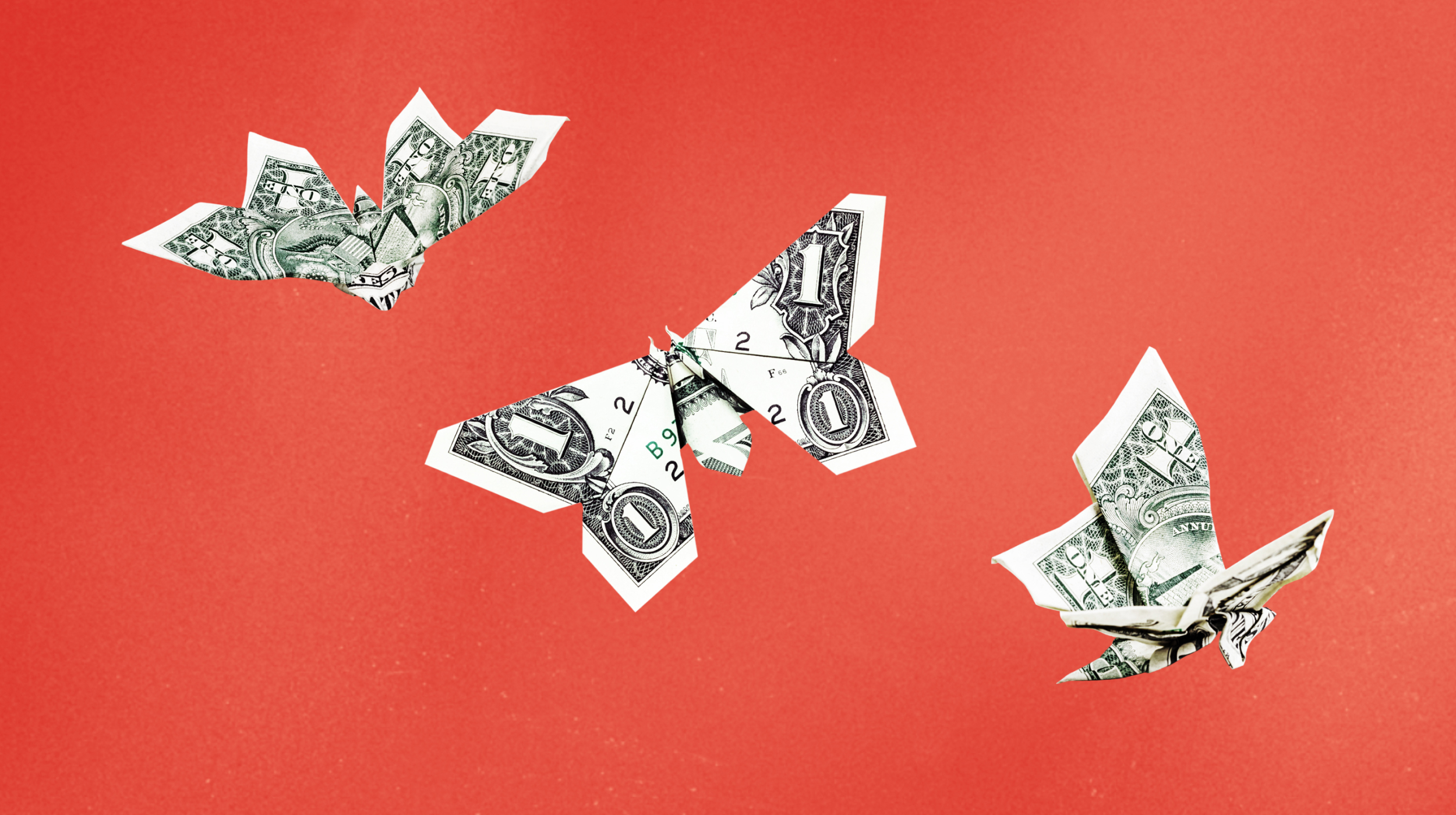The COVID-19 pandemic is causing an increase in relapses. Here are signs to look for.

Photo by Sasha Freemind on Unsplash
- Many mental health and addiction professionals are worried that the lockdown, quarantine and isolation caused by the COVID-19 pandemic will cause a surge in relapses of individuals who are struggling with sobriety at this time.
- Stress, loneliness, isolation, boredom and a lack of support for the addiction community are the biggest triggers for relapse right now.
- However, being aware of these triggers and supporting those in your life struggling with addiction through the help of online platforms can be a way to combat relapses during the COVID-19 pandemic.
According to the National Survey on Drug Use and Health, 19.7 million Americans (aged 12+) struggled with a substance use disorder in 2017 alone. That same year, statistics show 1 in 8 adults struggled with both alcohol and drug-use disorders at the same time.
Now, in 2020, we’re dealing with a global pandemic, and many health care professionals worry these numbers will rise, as the stress and negative mental health impact of the pandemic could potentially trigger relapses in people who have reached sobriety.

Stress, declining mental health, lack of community support and boredom can all trigger relapse – being aware of this can help prevent it. Photo by Monster e on Shutterstock
Stress and declining mental health can contribute to relapse potential
Dayry Hulkow, the primary therapist at Arete Recovery Center in Pembroke Pines, Florida explains, “We have already seen relapses happening, moments of crisis, obviously a lot of mental health issues associated with the addiction and all the stresses that are going on in the world right now.”
Hulkow, like many other addiction specialists, fears the pandemic will grow the rate of relapse of those struggling with addictions all around the world.
Community supports sobriety, isolation triggers relapse
The idea that community is a large part (maybe the most important part) of maintaining a sober lifestyle has been proven – and with many areas of the world on lockdown with orders not to attend gatherings or support groups, the fear of relapse is a well-placed one.
Licensed mental health counselor Denny Kolsch explains the issue with lockdown orders and addiction recovery, “The message we are receiving is to stay away from people. Isolate. Don’t be around people – and for people that are in recovery, that’s a recipe for disaster.”
Boredom and limited access to the outside world can cause negative feelings that often lead to relapse
“Also, there is boredom,” explains Hulkow, “having to stay at home with very limited access to the outside world, hobbies, meetings, and employment can be triggering as well.”
Adding to that being quarantined in close-quarters with family members or friends, there could be family disputes or arguments that are also triggering for people who are recovering from addiction.
Relapses are common throughout the journey to sobriety from drugs and/or alcohol – in fact, Addiction Center states that up to 60% of individuals struggling with addiction will have at least one relapse before reaching sobriety.
This is especially more likely during a time where people may be isolated at home, feeling anxious by the news or fearful for their health or the health of their loved ones.
Family members and friends of loved ones who struggle with addiction should be particularly mindful during stressful times such as a pandemic, as there may be signs that your loved one is struggling and nearing a relapse.
Some signs of relapse during a pandemic can include:
- Change in eating or sleeping habits
- Declining hygiene
- Lying or manipulative behavior
- Glamorizing past drug/alcohol use
- Bottling up emotion and/or mood swings that are unpredictable
- Feelings or messages of hopelessness (“I just don’t see a point in…”)

Online support groups, AA/NA meetings and virtual coffee dates can be a great way to stay in touch with members of the community and support each other during this stressful time. Photo by Nadia Snopek on Shutterstock
The COVID-19 pandemic has raised a lot of problems for the general population, and these problems can be amplified and magnified by at-risk populations such as people struggling with addiction.
The shock of going through a pandemic can cause confusion, loneliness, panic, stress, and fear – all of which can be triggers for relapse. Adding to that being isolated or quarantined in your home (either by yourself or with others) can bring on boredom, irritation, and feelings of inadequacy, again – all of which can be contributing factors to a relapse.
How to cope with addiction during quarantine:
- Alternative self-care methods (meditation, reflection, journaling) can help you find a new perspective and stay in tune with your feelings, which makes it much easier to spot (and prevent) a relapse.
- Maintain contact with your outside supports for sobriety – attend virtual AA/NA meetings, phone hotlines, or keep in regular contact with your sober friends to support each other. An entrepreneur based in New York City has launched an app called Loosid, which is dedicated to providing hotlines and online services to assist those struggling with addiction during this time. As of April 2020, the app has seen over 60,000 users – the app creator, M.J Gottlieb, tells ABC News that there has been a 93.8% increase in active users during the pandemic.
- Create a routine for yourself to occupy your mind and body, preventing boredom which can cause overthinking and stressful thoughts.
- Staying active or creating an exercise schedule in your home can provide you with a rush of feel-good hormones (endorphins, dopamine, adrenaline) that can help your body stay healthy during the quarantine.
Awareness is key in preventing a relapse and maintaining positive mental health
While social distancing and lockdown measures have been put into place for very valid reasons, we simply cannot ignore the massive impact this has on our more vulnerable populations (people struggling with homelessness, addictions, and mental health conditions). The best way to support each other during this difficult time is to use online platforms to stay in contact and reconnect, keeping in mind that this is a very difficult time for some people.
Being aware that the loved one in your life who has struggled with addiction in the past may relapse could be key to helping them stay sober.





